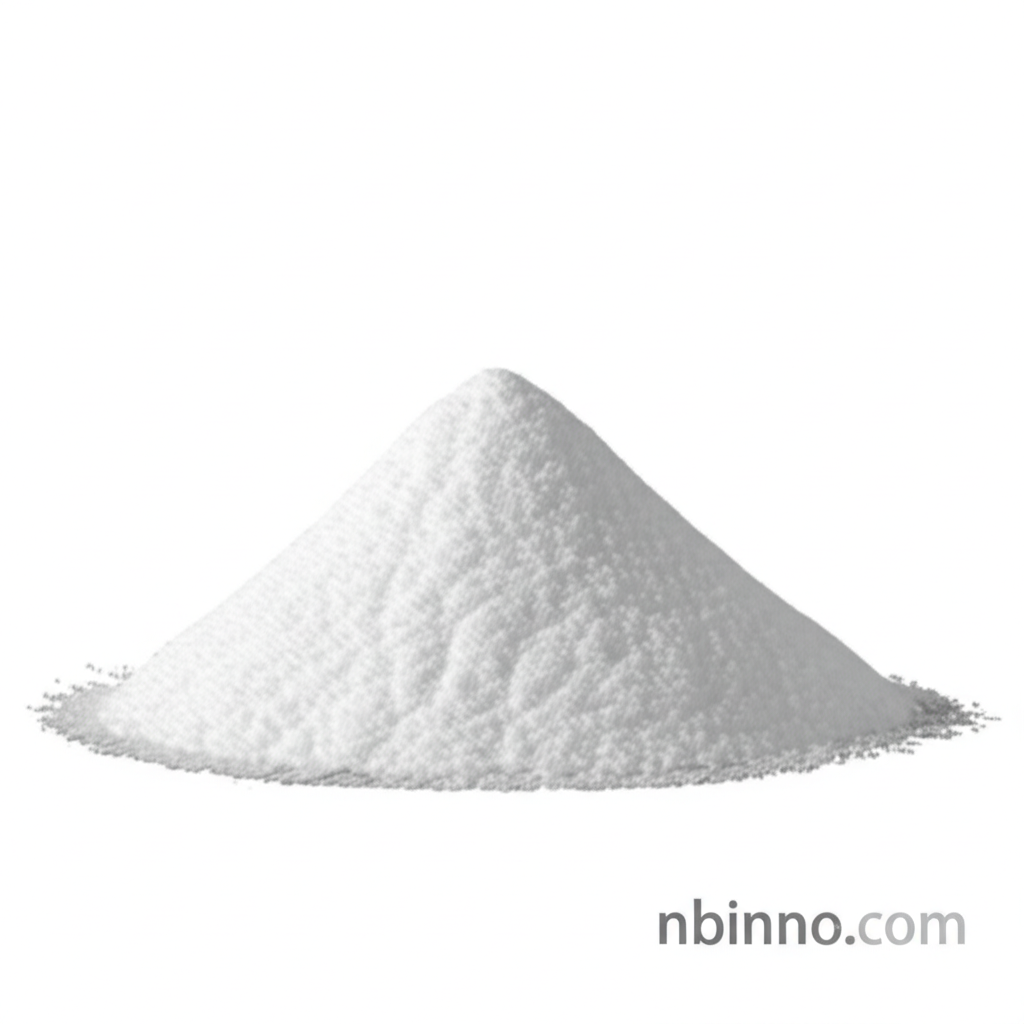Terlipressin Acetate: A Synthetic Vasopressin Analogue for Managing Hypotension and Bleeding
Discover the advanced therapeutic applications of this potent synthetic peptide in critical medical conditions.
Get a Quote & SampleProduct Core Value

Terlipressin Acetate
Terlipressin acetate is a synthetic peptide that acts as a vasopressin analogue, renowned for its prolonged biological activity. It functions as a powerful vasoconstrictor, primarily through selective activation of vascular V1a receptors, making it particularly effective in managing conditions like hepatorenal syndrome and acute variceal bleeding by reducing portal venous pressure.
- Leveraging its role as a vasopressin analogue for hypotension treatment, this compound offers a stable therapeutic profile.
- The management of acute variceal bleeding is significantly improved with this synthetic peptide vasoconstrictor.
- Its application in treating hepatorenal syndrome is a key area of its medicinal use.
- As a long-acting vasopressin preparation, it provides sustained therapeutic effects compared to its natural counterpart.
Key Advantages
Sustained Therapeutic Effect
The unique prodrug nature of terlipressin acetate, which slowly releases lysine-vasopressin, ensures a sustained vasoconstrictive effect, crucial for conditions requiring long-term stabilization.
Targeted Vasoconstriction
With reduced activity at renal V2 receptors compared to vasopressin, it offers a more targeted approach to managing portal hypertension and improving renal perfusion.
Pharmaceutical Grade Purity
This pharmaceutical grade terlipressin acetate offers high purity, ensuring reliable and effective results in medical research and applications.
Key Applications
Hypotension Management
A primary application involves managing hypotensive states, especially when other treatments are insufficient, by constricting blood vessels.
Hepatorenal Syndrome (HRS) Treatment
It is a critical therapeutic agent for HRS, helping to restore renal function and improve outcomes in patients with advanced liver disease.
Acute Variceal Bleeding
The compound is vital for controlling and stopping bleeding from esophageal varices, a common complication of liver cirrhosis.
Portal Hypertension
By reducing portal venous pressure, it alleviates complications associated with portal hypertension, contributing to overall patient stability.
